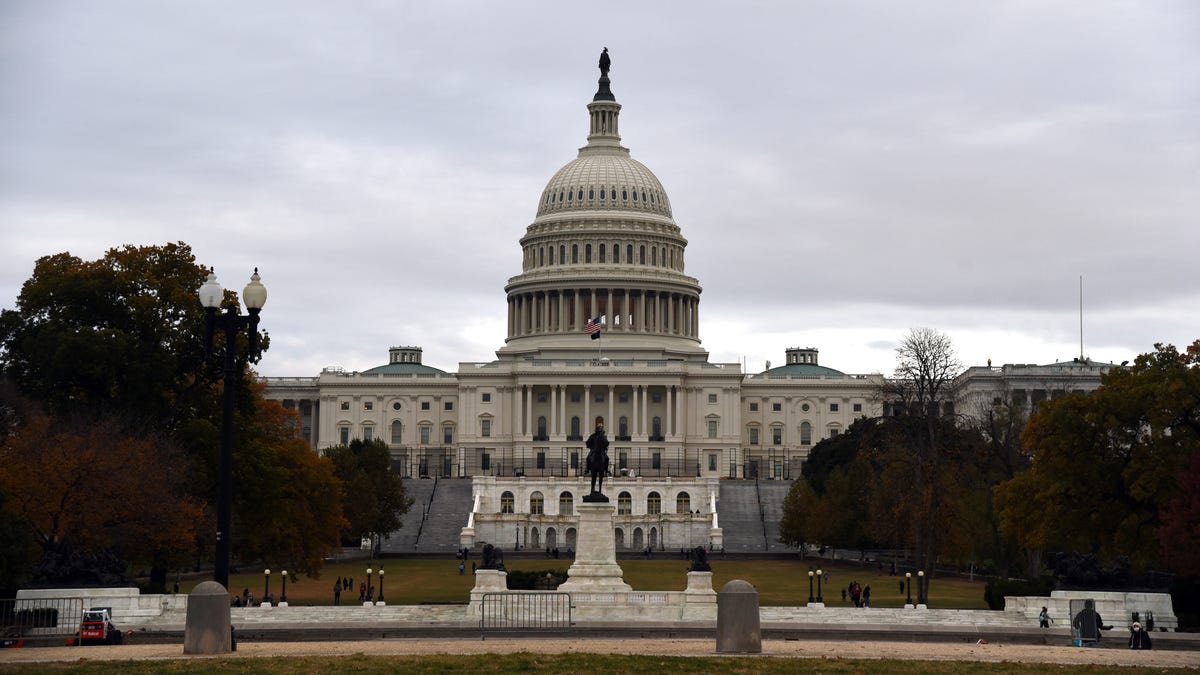Democrats take aim at targeted online advertising in new bill
The legislation would ban the kind of ads that Facebook and other tech companies depend on.

Democrats on Tuesday introduced a bill that would ban a huge amount of the targeted online advertising used by Facebook, Google and other tech companies.
The Banning Surveillance Advertising Act would stop networks and other companies from using personal data (including data purchased from data brokers) and protected class information (like race, gender and religion) to target ads. Broad location targeting and contextual ads, which are matched to content you engage with, would also be banned.
The legislation is sponsored by Reps. Anna Eshoo of California and Jan Schakowsky of Illinois and Sen. Cory Booker of New Jersey.
"The 'surveillance advertising' business model is premised on the unseemly collection and hoarding of personal data to enable ad targeting," Eshoo said in a statement. "This pernicious practice allows online platforms to chase user engagement at great cost to our society, and it fuels disinformation, discrimination, voter suppression, privacy abuses, and so many other harms. The surveillance advertising business model is broken."
The Electronic Privacy Information Center, a think tank that supports the bill, highlighted the dangers that targeted ads pose for marginalized groups.
"Individuals in these communities can be targeted with scams and disinformation, or prevented from seeing information about housing and job openings, depriving them of important life opportunities," EPIC Deputy Director Caitrona Fitzgerald said in a statement. "The Banning Surveillance Advertising Act will stop these discriminatory practices and will block advertisers and data brokers from commodifying every tiny bit of our personal data."

